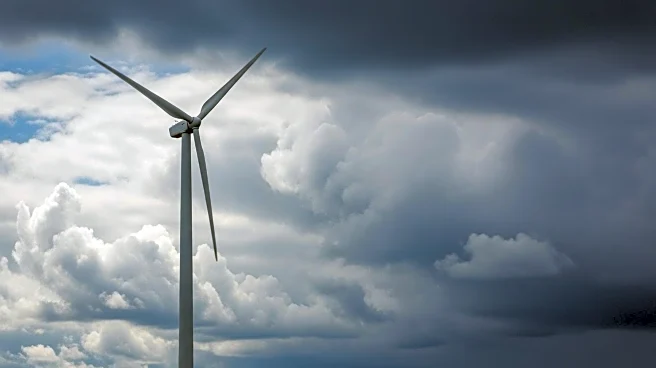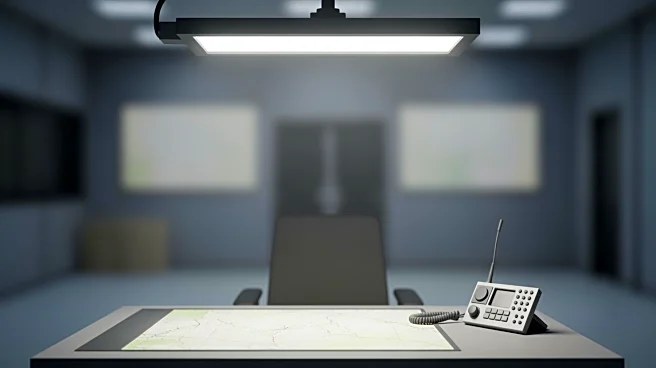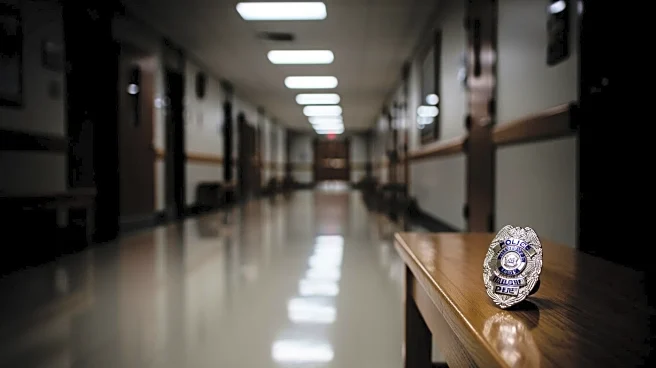What is the story about?
What's Happening?
The U.S. Department of Energy (DOE) has invoked its emergency authority under Section 202(c) of the Federal Power Act to intervene in energy markets, a move that has raised concerns about potential interference with renewable energy projects. This authority, typically used for short-term crises, has been extended by the DOE without requests from reliability entities, as seen with a Michigan coal power plant scheduled for retirement. Critics argue that this approach undermines market trust and disrupts planning practices essential for long-term grid reliability. Historically, the DOE's emergency powers were used for specific emergencies, such as natural disasters, but recent applications have shifted towards preventing planned retirements of power plants, raising questions about the long-term implications for energy markets.
Why It's Important?
The DOE's use of emergency orders could have significant implications for the U.S. energy market, particularly for renewable energy projects. By potentially halting projects like Revolution Wind, the DOE's actions may discourage investment in low-cost, renewable energy sources, which are crucial for meeting future energy demands and reducing carbon emissions. This approach may also create a moral hazard, where power plant owners might rely on government intervention rather than market-based solutions, ultimately affecting the reliability and efficiency of the U.S. electric grid. The situation highlights the tension between federal intervention and market-driven energy solutions, with potential long-term impacts on energy policy and climate goals.
What's Next?
The DOE's actions may prompt legal challenges and policy debates regarding the appropriate use of emergency powers in energy markets. Stakeholders, including grid operators and state utility commissions, may push for clearer guidelines and limitations on the DOE's authority to ensure that market signals and planning processes are not undermined. Additionally, there may be increased scrutiny on the balance between federal intervention and market-based approaches to energy reliability and sustainability.
Beyond the Headlines
The DOE's intervention raises ethical and legal questions about the role of government in energy markets. The potential for a moral hazard, where companies might expect government bailouts, could lead to inefficiencies and increased costs for consumers. Furthermore, the focus on short-term solutions may detract from long-term strategies needed to transition to a sustainable energy future, highlighting the need for comprehensive energy policies that align with environmental and economic goals.














